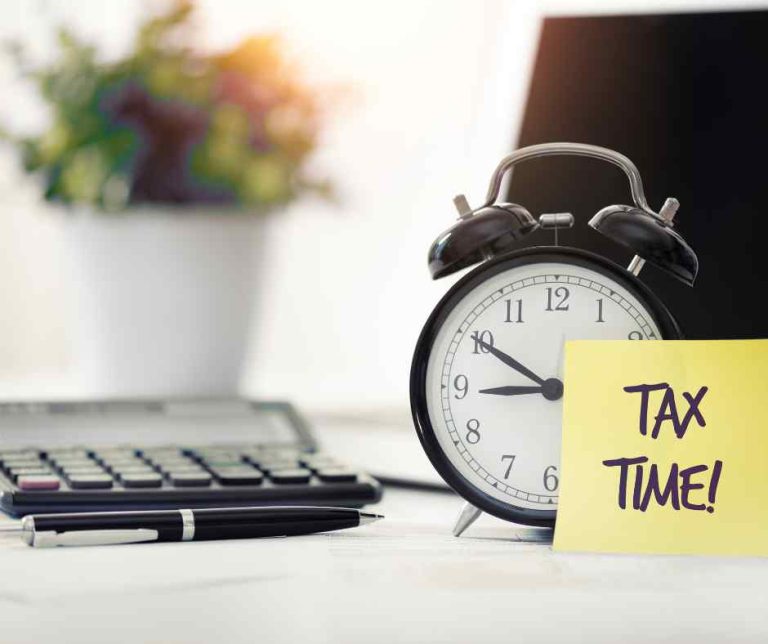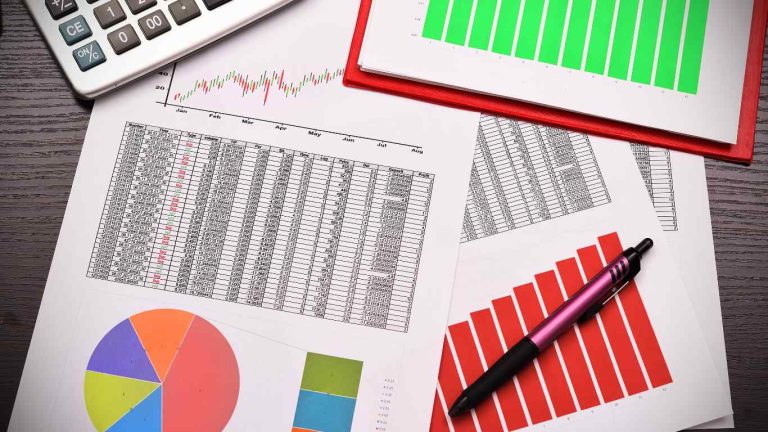Business finance can be complicated…it starts off a bit tricky and just gets more complex as your business grows. In this one short blog I do not have the time to explain business finance to you, but I can give you some tips on the best ways to maintain financial records and reporting for your business.
Technology
In the good old days, you could keep your financial records in a written book…you would have a sales ledger, a purchase ledger, and a whole bunch of other books with tallies and totals (think Mr Darcy in Pride and Prejudice). Then came the spreadsheet and which has been a popular way of keeping financial records for years. However, HMRC has now introduced Making Tax Digital and by April 2026 ALL businesses will have to keep their financial records (and submit their tax returns) using Accounting Software…so you might as well start now.
There are lots of Business Accounting Software options. You may have heard of QuickBooks, Xero, FreeAgent and Sage. They all have their strengths and weaknesses and they all come at different price points (some are even free with certain bank accounts). Do your research and find the software that suits your business and that is user-friendly for you.
Professionals
If you can afford it I would strongly suggest getting a professional in to help you with your finances. This may just be a bookkeeper to do your year-end tax return to start with but trying to do it yourself is going to end up costing you in the long run and I do mean that literally. Once again, do your research, ask for recommendations, and find the right person or company for you.
Regularity
Whether you are doing it all yourself, having professional help or outsourcing completely it is essential that your business finances are maintained regularly. Records should be kept every week at a minimum. Sales and purchases recorded, debt chased, invoices paid, bank balance reconciled.
In addition, you should be reviewing your sales, costs and that all important profits on a monthly and quarterly basis and not leaving it until the year’s end.
Categorising
I would suggest that you categorise your sales and purchases from day one. Most accounting software will give you automatic categories for costs such as Rent, Telecommunications, Marketing etc. You should set up categories that suit your specific business. I would also suggest that you categorise your income. How you do this will depend on your business, but it will make it a lot easier to see where you best and worst performance is and make good strategic decisions.
Tax
DO NOT PUT IT OFF! Tax like death is inevitable. If you are making enough money to live, then you WILL need to pay taxes. Knowing your tax liability on a rolling basis and putting aside money to pay it is a lot easier and less stressful than waiting until the year ends and then panicking because you didn’t know what you owed, and you don’t have it. If you have got into a muddle, call HMRC and talk to them rather than ignoring it and hoping it will go away…it won’t!

Now as I said at the beginning this blog just covers a few tips, if you want more advice, resources, support and guidance on all things business finance why not take a look at our NoLimits Community – become a member at any level and join our community.
By Duncan McKechnie

